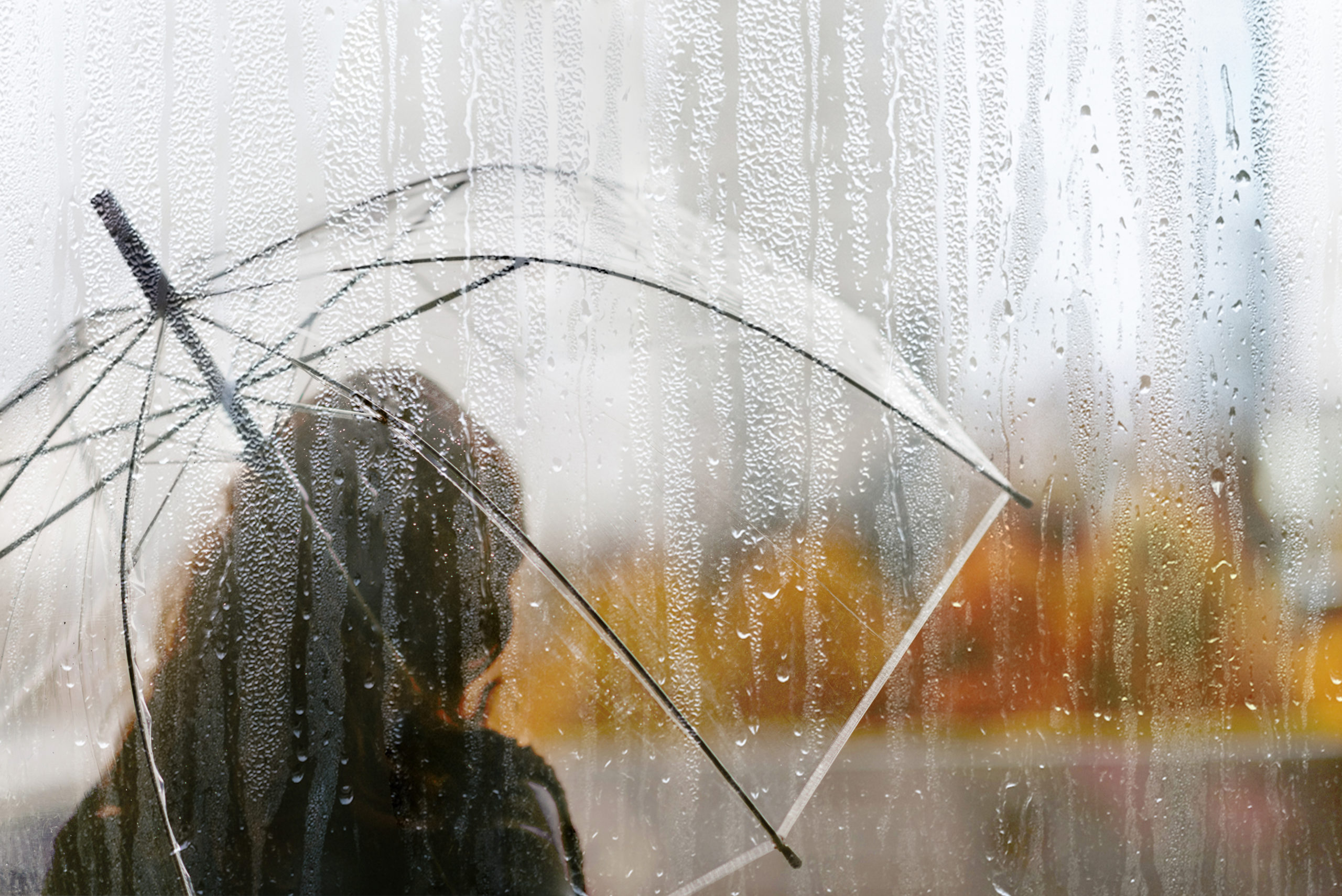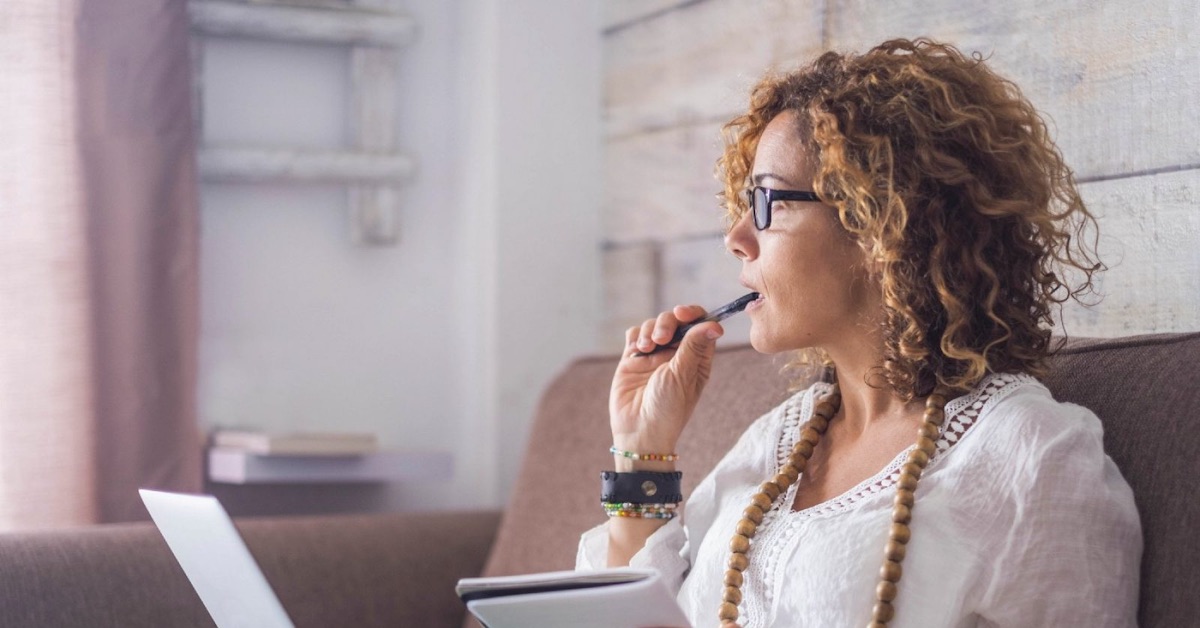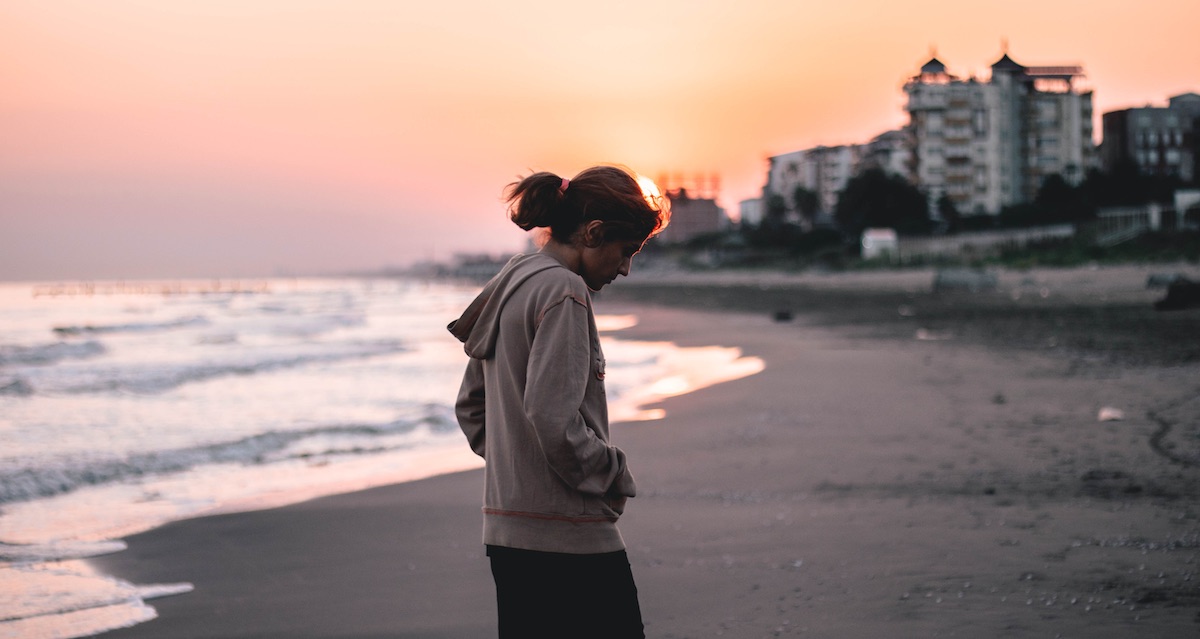A Conversation for Everyone

Holly Murphree, Senior Recruiter
November 13, 2020
Storm systems come and they go. Some are loud and thunderous, lasting for days, while others blow over quickly. Growing up, the weather patterns I observed at home were of the colossal variety. During these times, it would seem like the delicate structure of our tranquil home was being invaded by an elephant, stomping into our living room, and overstaying its welcome. I always wished the visitor would go far away, but it stayed instead and got stamped on the forehead with the words “Bipolar Disorder,” a warning sticker on a bundle of explosives.
At a fairly young age, I had come to believe that the conversation of mental health meant one thing: a big life-altering mental break, a diagnosis for the unlucky few. I decided that my role in all of this was to be the most emotionally stable, supportive human that ever lived. I grew up learning to carefully watch for the warning signs in others with the attention of an eagle watching a mouse. Why was dad so quiet during our last few dinners? Why was my sister sending such lengthy run-on messages? I would later go on to study psychology and become a therapist, an expert in things that happen to “other people.”
But I have come to realize that this was a foolish concept. For storms, big and small, inevitably come for us all.
I now work for a healthcare technology and services company — one that advocates that mental health is an important part of overall health. No one is immune to physical health ailments any more than they are to potential mental health conditions throughout their life. The topic of mental health is a topic for everyone.
With COVID-19, it came as no surprise when something like a global pandemic triggered my father and my sister into depression; through the years I had watched their conditions ebb and flow. Yet, I was somehow incredibly surprised by the way the pandemic affected me. The keystone routines and habits that I relied on for my sense of balance vanished overnight. I felt lost. Like so many of us, I struggled to find pockets of time alone between work and kids. I was increasingly irritable with my family, which also made me feel guilty. I found myself feeling overwhelmed and tired, in a puddle of tears when a friend casually asked, “How are you?”
I felt angry inside. Get it together, I thought. Wasn’t I exempt from such things? Hadn’t I worked my whole life to maintain my status on the “mentally healthy” side of the fence? I had so much to be grateful for, and I knew how lucky I truly was. Yet there was this increasingly persistent squeezing sensation in my chest, an actual soreness that came and went. One day, while feeling particularly heavy, I took a moment to slowly breathe in, count to ten, and slowly breathe out. “This is anxiety,” I said out loud. It had a name and I knew I wasn’t alone.
A few months into the pandemic, when my sister felt the dark clouds looming, she was quick to get on the phone with her mental health specialists. There was no fast or easy fix, but she courageously made the recommended adjustments to her treatment plan. I knew she deserved a lot of patience and support through this time and I was at the ready. I assured her this feeling was temporary and wouldn’t last forever. “Slow it down,” I would say. “Think of one thing you can do today that makes you feel good. Take several deep, cleansing breaths. Get outside and be in nature.” Of course, she didn’t know that I too was struggling, desperately needing to afford myself some of the same space and kindness I had learned to give to others in my life.
Turning the lens inward, I’ve learned that making incremental changes, especially when you feel stuck in quicksand, is hard. Yes, I knew my mood would improve if I exercised each day, yet I had trouble finding the motivation just to get up and move. I knew opening up to a trusted friend and even my own spouse would be a good idea, yet I felt vulnerable and even silly given how good I had it compared to others. As a former therapist who wholeheartedly believes in seeking out therapy (and have many times in my life), I realized that this is easier to do when you feel more like yourself. t’s much harder to follow through when you can’t quite put your finger on what’s wrong. Yet we all deserve to reach out and ask for additional support; it doesn’t have to be justified — our mental health is on a continuum.
I have developed a newfound compassion for the patient journey. The patient is me and the patient is you. Yes, this storm will pass and there are bright blue skies ahead in the not-so-distant future. Being able to talk about the darker days openly together and reinforce our foundation is the only way to truly prepare for the next one.
Explore more

Quality Mental Health Care, Wherever You Are
At Quartet, we know that mental health care isn’t one size fits all.

Take Your Own Advice: A Note to Therapists on Self Care During COVID‑19
COVID-19 added a layer of complexity for mental healthcare workers, who may be experiencing their own stressors and anxieties related to the crisis.

Fighting Two Pandemics: Supporting Domestic Violence Survivors and Their Mental Health Needs During COVID‑19
For some, following the stay-at-home orders for one pandemic may render them vulnerable to another: domestic violence.



